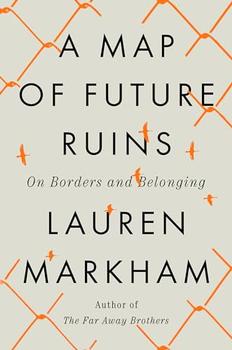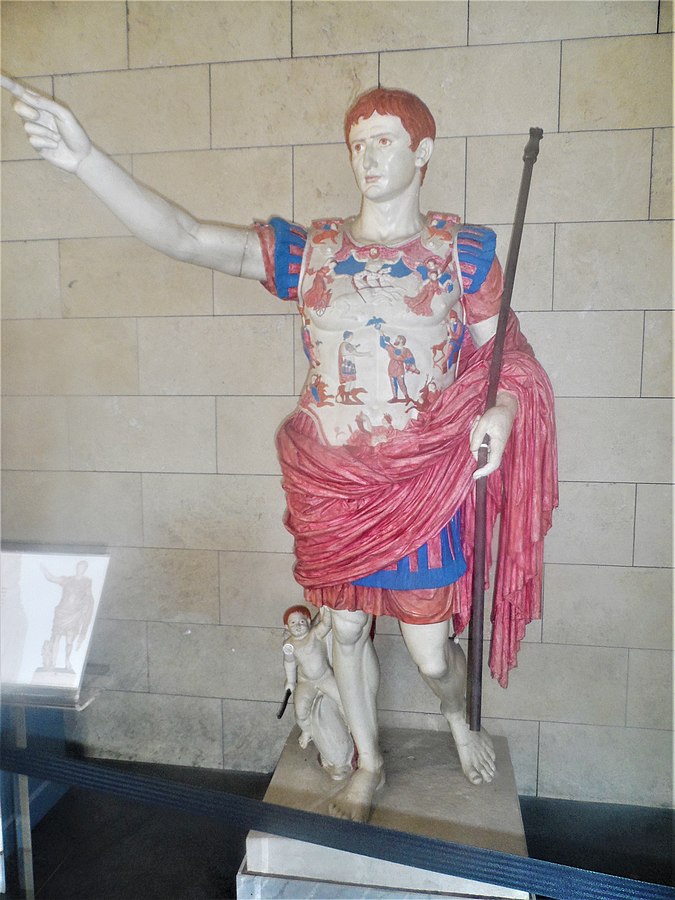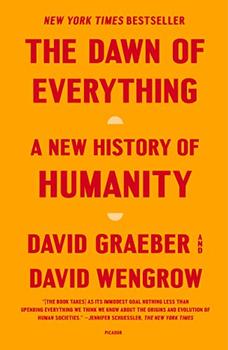Summary | Excerpt | Reviews | Beyond the book | Read-Alikes | Genres & Themes | Author Bio

On Borders and Belonging
by Lauren MarkhamA mesmerizing, trailblazing synthesis of reporting, history, memoir, and essay.
When and how did migration become a crime? Why does ancient Greece remain so important to the West's idea of itself? How does nostalgia fuel the exclusion and demonization of migrants today?
In 2021, Lauren Markham went to Greece, in search of her own Greek heritage and to cover the aftermath of a fire that burned down the largest refugee camp in Europe. Almost no one had wanted the camp—not activists, not the country's growing neo-fascist movement, not even the government. But almost immediately, on scant evidence, six young Afghan refugees were arrested for the crime.
Markham soon saw that she was tracing a broader narrative, rooted not only in centuries of global history but also in myth. A Map of Future Ruins helps us see that the stories we tell about migration don't just explain what happened. They are oracles: they predict the future.
In this work Markham is not only an observer: she becomes a character. In the second part, she describes her travels through Greece and the places where her grandmother lived. Like Moria's immigrants, Markham's ancestors fled their homeland in search of a better life. And, also like Moria's immigrants, Markham is now drawn to Greece, the persistent destination of their particular odyssey. Her travels to research her family history and to report on the refugee crisis began in 2019. Moria's fire a year later became the link between these two stories she wanted to tell, the knot that ties together her large and perhaps overly ambitious project, in which she investigates the mechanisms of myth-making, belonging, exclusion, borders and whiteness. By interweaving all these journeys, her story ceases to be the simple narration of a specific case and becomes a general commentary on migration, as Moria's story is "about the criminalization of contemporary migration, yes, but also about the valorization of past times and migrations."..continued
Full Review
 (702 words)
(702 words)
(Reviewed by Alicia Calvo Hernández).
 The hands of history have reshaped the Greek past for centuries, sculpting it into an idealized version credited with birthing a myriad of ideas and concepts, notably identity. Certain contemporary political currents claim that Hellenic identity was what we would today consider white, although Greece was a multiethnic society that did not have our modern concepts of race.
The hands of history have reshaped the Greek past for centuries, sculpting it into an idealized version credited with birthing a myriad of ideas and concepts, notably identity. Certain contemporary political currents claim that Hellenic identity was what we would today consider white, although Greece was a multiethnic society that did not have our modern concepts of race.
Groups promoting racist ideology have pushed the interpretation that the apparent lack of color and ornamentation in Greco-Roman classical sculpture, which is in fact due to the erosion of pigments over time, is indicative of a more advanced and sophisticated culture resulting from the supposed superiority of white Europeans. As Lauren Markham writes in A Map of ...

If you liked A Map of Future Ruins, try these:

by Jason De León
Published 2024
An intense, intimate and first-of-its-kind look at the world of human smuggling in Latin America, by a MacArthur "genius" grant winner and anthropologist with unprecedented access

by David Graeber, David Wengrow
Published 2023
A dramatically new understanding of human history, challenging our most fundamental assumptions about social evolution―from the development of agriculture and cities to the origins of the state, democracy, and inequality―and revealing new possibilities for human emancipation.